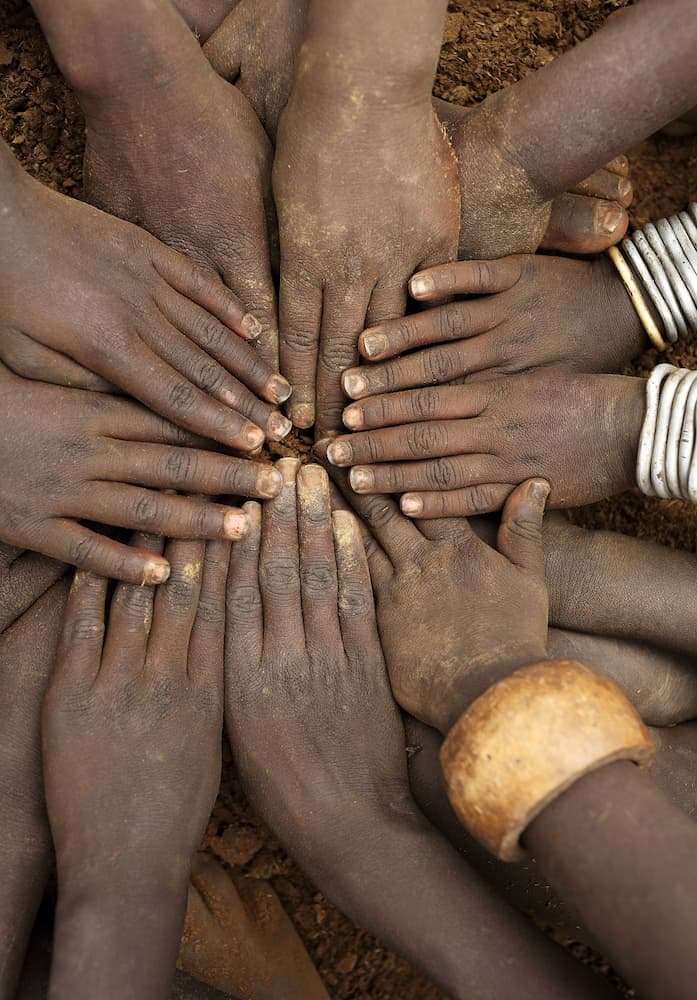
There is a lack of research and community interventions into children and adolescent mental wellbeing in sub-Saharan Africa, and few interventions to promote wellbeing. Mental health issues are the leading cause of illness among young people, with about 1 in 7 having mental health problems. Girls are at greater risk than boys, with gender discrimination, lack of social power, gender-based violence and early marriage and motherhood associated with poorer mental health for girls and young women. Furthermore, children and adolescents with untreated mental health issues are likely to have poor mental health as adults. COVID-19 has also negatively impacted children and adolescent's wellbeing, making it even more urgent to find acceptable, affordable, and effective interventions.
We will deliver the project in Ethiopia and Rwanda between 2022 and 2026. Rwanda and Ethiopia are two of the poorest countries in the world. The wellbeing of children is poor in both countries, and school attainment is low.
The World Health Organisation (WHO) recommends preventative mental health interventions in schools. Mindfulness has proven to be an acceptable and effective use of resources in countries like the UK. When children and adolescents focus on being mindful, they slow down, take their time, and focus on something in a way that is both relaxing and stress-free. Mindfulness involves a combination of breathing exercises, visualisation, body awareness, and relaxation. Practising mindfulness makes children and adolescents happier. It improves their attention span, helps them manage stress, increases their sense of well-being, and improves their communication skills. It also improves their school performance. In the long-term, improved mental wellbeing is associated with improved economic outcomes. Teaching mindfulness also improves the mental well-being of teachers.
Our project aims to find out if a culturally appropriate mindfulness intervention would benefit children and adolescents in sub-Saharan Africa, and if this would be a cost-effective approach to provide long-term impact.
This work is licensed under CC BY 4.0
